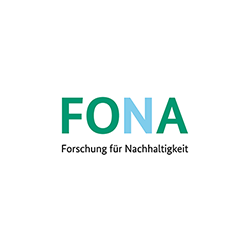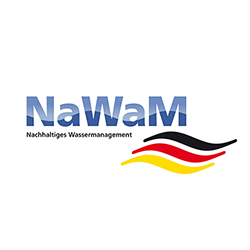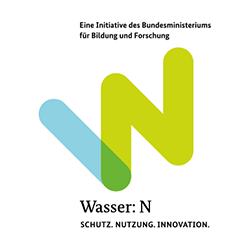Non-potable water supply and planning options for urban and agricultural irrigation (non-potable water as an alternative water resource)
Background:
The goal of the project is to develop new, highly flexible and demand-oriented management strategies for water reuse for urban and agricultural irrigation in a practical manner and to optimize them within the framework of relevant demonstrations with practice partners in such a way that implementation in other target regions is accelerated. The focus will be on developing recommended actions for permit-based implementation, establishing water quality requirements for different irrigation practices, and cloud-based real-time approaches to demand assessment and automated systems for quality assurance. Building on this, a supply analysis of alternative water resources including innovative concepts for storage but also for the implementation of urban domestic water systems in existing structures will be conducted. The required service water quality will be provided by the use of robust advanced multi-barrier treatment processes, which are able to be started up and shut down at short notice as required. By means of accompanying economic research, approaches for adapted operator models and a holistic evaluation of a sustainable useful water application will be developed. Targeted public relations work brings the concepts of useful water application closer to decision-makers and the interested public in a clear manner and provides training documents and recommendations for action for operators, planners and authorities. In two real laboratories, these approaches to useful water application are accompanied by an interactive and transparent stakeholder process over the duration of the project. Large-scale trials with innovative treatment processes and application concepts in the real laboratories serve as a direct preliminary stage for implementation.
Aims:
The objectives of the Useful Water Project include:
a.) The development of permit implementation requirements for urban and agricultural irrigation practices,
b.) Establishing water quality requirements for different irrigation practices,
c.) developing contemporary digital approaches for automated collection, archiving, and determination of irrigation needs using real-time local and regional data,
d.) implementing innovative multi-barrier treatment processes to efficiently reduce microbiological and chemical contaminants,
e.) the development of an automated, demand-oriented supply of further treated wastewater (= 'useful water') including automated systems for quality assurance, taking into account real-time data,
f.) the development of innovative concepts for the implementation of useful water systems in existing buildings,
f.) the conception of adapted operator models and possibilities of technology transfer,
g.) the embedding of the project in an interactive stakeholder process from the beginning, and
h.) the establishment of an innovative public relations platform in order to present concepts of water use to an interested public.



